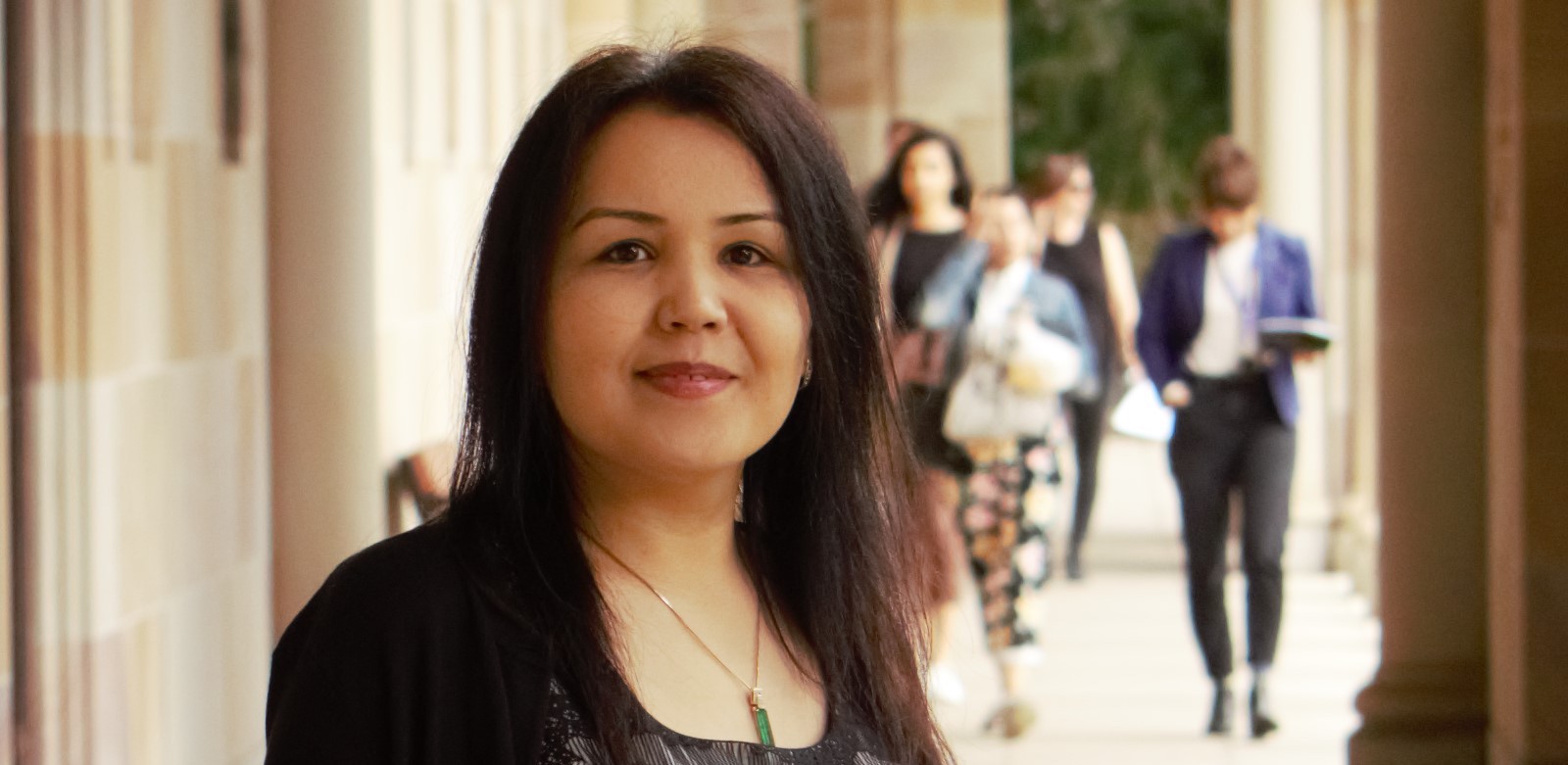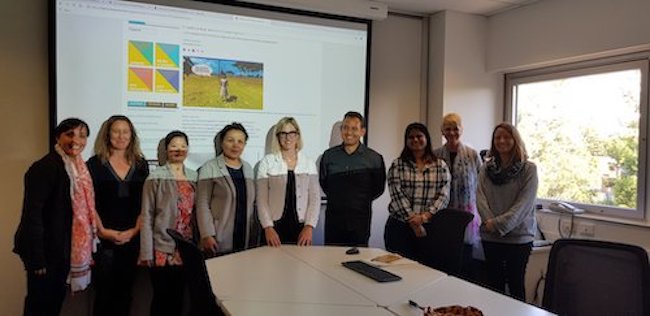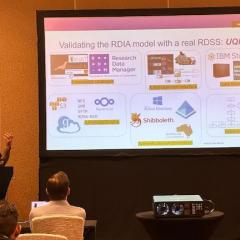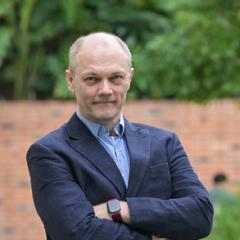
Graduate Digital Research Fellow news, July 2019
New fellow to study historic mausoleum architecture
Dilrabo Tosheva, a PhD architecture student, has become UQ’s newest Graduate Digital Research Fellow.
Dilrabo’s dissertation research will look into the mausoleum building tradition of Central Asia in the 9th–14th centuries and its political, social and economic context.
On Monday, 22 July, she joined six other current Graduate Digital Research Fellows who largely hail from UQ’s humanities and social sciences (HASS).
The fellows are research students who spend one year honing their digital skills and working with local and international digital research practitioners to create a scholarly work that uses digital research methods, such as digital publication, software or data sets.
RCC’s Marco Fahmi developed the program, launched last year, with the Digital Scholars’ Hub and the Faculty of HASS.
Digital tools will be helpful to Dilrabo’s research in mapping the location of mausoleums.
“By mapping them, I can visualise the connection, difference and distance between them to understand the flow of cultural influences,” she said.
“Chronological mapping and typological mapping are important to put forward some theories about the invention and spread of particular architectural and engineering techniques.”
During her fellowship, Dilrabo, who has a Master’s degree in history from Uzbekistan, will learn about digital tools useful to her research and how to use them, particularly in creating maps and text mining.
She expects the mausoleums will be mapped along settlements and trade routes popular with Arabic, Persian, Asian and European people, such as Marco Polo, who travelled and left historical records on the pilgrimage sites and impacted local culture and society.
Dilrabo is hoping her research will one day help Central Asia’s tourism industry.
UCSD professor gives talk about grant writing
University of California, San Diego researcher Prof. Emily Roxworthy spoke with UQ’s seven Graduate Digital Research Fellows on Monday, 22 July about writing grant applications for digital humanities and social sciences (HASS) projects.
Prof. Roxworthy shared insights on applying for public funding and also addressed visualising research and serving communities.
Prof. Roxworthy, a scholar and author, works at the intersection of theatre history and performance studies, with particular interests in interculturalism, Asian and Asian-American theatre, digital media, and role playing.
Her latest project is directing a 3D role-playing video game that reconstructs interracial and intercultural performances staged during WWII at the Rohwer and Jerome internment camps that were in the Jim Crow-era Arkansas Delta. The digital project is a collaboration with the San Diego Supercomputer Center, titled “Drama in the Delta”, and has received two Digital Humanities Start-Up Awards from the U.S. National Endowment for the Humanities.




